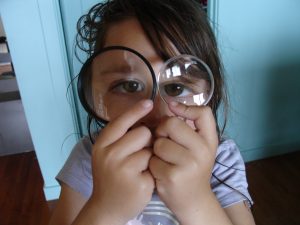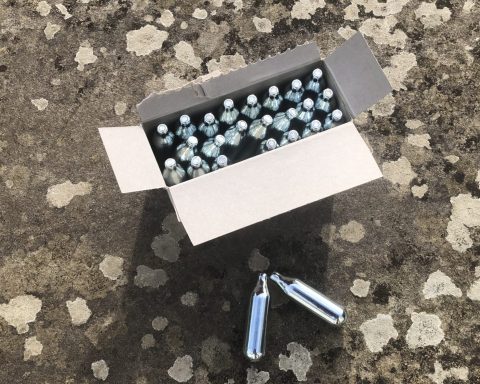 The glass bounced off my back and smashed into the drinks gantry shattering a whisky bottle. All I remember is the glass, the blood and that terrible screaming. Glass fights are dangerous, especially as barman, and for $1.80 an hour I often wondered if it was worth it. But it had its compensations for it was the best practical module on communication skills I ever had and I have used my experiences everyday of my medical career. Teaching undergraduates for the last 10 years I have enjoyed regaling them with my ‘pub communication’ stories.
The glass bounced off my back and smashed into the drinks gantry shattering a whisky bottle. All I remember is the glass, the blood and that terrible screaming. Glass fights are dangerous, especially as barman, and for $1.80 an hour I often wondered if it was worth it. But it had its compensations for it was the best practical module on communication skills I ever had and I have used my experiences everyday of my medical career. Teaching undergraduates for the last 10 years I have enjoyed regaling them with my ‘pub communication’ stories.
I am convinced of the value of teaching communication skills but what of the scared cow, clinical examination? I was taught by rote – rigid application of clinical skills – inspection, palpation, auscultation and percussion. I was humiliated for not hearing split heart sounds, ridiculed for missing bronchial breathing, scolded for not saying “ninety-ninety” instead of “one-one-one” and I was laughed at for missing a breech presentation.
My objection is not that many of my tutors had a charisma bypass nor their dissocial personality disorders, my issue is that most of what they taught me to be unquestionable ‘fact’ was in reality complete nonsense. I will go further, not only were most of the clinical signs utterly worthless but many are downright dangerous.
How many times have I heard creps at the lung bases and in good faith organized a chest x-ray only for this to be reported 16 weeks later as being normal? I wonder about the times clinical examination has falsely reassured me leading to a delay in diagnosis – to my shame I can think of a few. The real unquestionable fact is that clinical examination is neither sensitive nor specific and devoid of any quantifiable predictive value of disease. Let’s be honest, most of clinical examination is merely the pseudo-religious ceremony of medicine passed down from our distant pagan healer ancestors.
I am, however, forced to pass these dark arts onto the next generation of unsuspecting doctors (secretly I subvert the students but please don’t tell my university). Even the iconic stethoscope is in reality little more than a simple stage prop used by insecure junior doctors who lack the gravitas to convince patients that they are doctors.
It is time for the unbearable and unthinkable but we must cast down the false deity that is clinical examination. In the new dawn light we should take the few worthwhile glittering gems from clinical examination but ditch the rest. Instead, let us teach students about health seeking behaviour, dealing with uncertainty and how to rationally investigate and manage common presenting symptoms. This might end the modern tsunami approach to investigations whose huge yield of minor incidental findings then burst and flood out the NHS outpatients. This might actually help prevent the rampant health neurosis that we as a profession are thoughtlessly inflicting on our poor patients.
Please, put your tumblers down for one last moment as I have a final point of heresy. Ultrasound is cheap, quick and easy, so why don’t we teach students to use an ultrasound probe? This could be used in many different clinical situations but I guess it might be heavy to wear round the neck! All I remember is the glass, the blood and that terrible screaming.





Des, I wholeheartedly agree with your opinion that the use of ultrasound should be more widespread and, in the era of pocket echos, the days of using the stethoscope for listening to heart sounds may be numbered. But I have to say I disagree with your bleak assessment of the value of physical examination.
In my opinion, improving physical examination skills can only reduce the burden of investigation because it is when we are most uncertain that we cast off on the fishing expeditions of scatter gun investigations.
If nothing else the physical exam is a form of communication, it’s a way of demonstrating to the patient that you are taking them seriously and looking more deeply into their complaint. And, if you’re going to do it for that reason, you may as well be trained to make it of some diagnostic value as well.